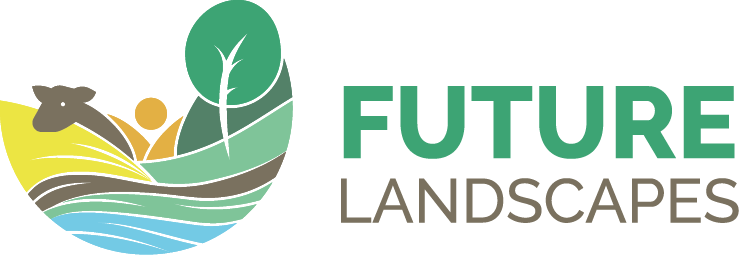| Period |
| March 2023 to September 2023 |
Semiannual Report
Colombia: Several virtual and in person meetings between Future Landscape team and the private sector were held to discuss collaborative work plans. A key collaboration agreement was signed with Nestle. A strategic market analysis for the livestock and palm oil supply chains in the Orinoquia Region was completed, identifying opportunities for intervention as well as potential key stakeholders for scalability. Two Regenerative Livestock Learning Tours were conducted in the Caribbean and Andean Region with participation of TNC, CIPAV, Nestlé and Alquería. The goal was to understand regenerative livestock farming models and strengthen partnerships for the Project.
Ecuador: The Future Landscape team held 2 workshops with the dairy and cocoa producers. Goal included validation of the proposed areas of intervention, evaluation of the perception of current climate change impacts, and analysis of regenerative practices as EbA measures. An analysis of climate risks, vulnerability, and the identification of priority R2A practices for adaptation was completed later.
Argentina: The team held a Regenerative Tour in the Chaco Region to define the intervention areas, to establish connections among stakeholders, producers, and artisans, ands to explore strategic interventions in the value chains.
Paraguay: A virtual workshop was held to present the framework for the development of regenerative business models and the integration of the triple impact approach into businesses to achieve sustainability for Paraguay.
Regional: The Gender component of the project was introduced and strengthened, 3 virtual gender trainings were conducted and attended by 30 project staff, to guarantee that gender-responsive actions are integrated throughout implementation. The Gender Diagnosis and first draft of the Gender Action Plans for the 5 countries and value chains were successfully delivered to the country teams. In July, two workshops were held in Colombia and Argentina to analyze the main outcomes of the initial phase of the Regenerative Agriculture and Livestock Transition Indicators Methodological Framework (MMIT – R2A) (act. II-15), including indicators, farm and landscape pilot results and route map for the second phase. In July 2023 the first experience exchange tour was held in Salta, Argentina with participation by ranchers from Colombia and Ecuador. The main objective was to foster mutual learning by exploring regenerative management practices, discussing common production challenges, and identifying potential synergies and opportunities. In August, the UFZ team completed delivery of 3 Value Chain Workshops focused on exploring concepts related to value chain analysis and identifying interventions to promote R2A systems in Ecuador (cocoa), Argentina (beef) and Colombia (dairy). The Annual regional meeting was held in Guayaquil successfully, where the first year of implementation was evaluated and responsibilities and activities for the second year were aligned.

